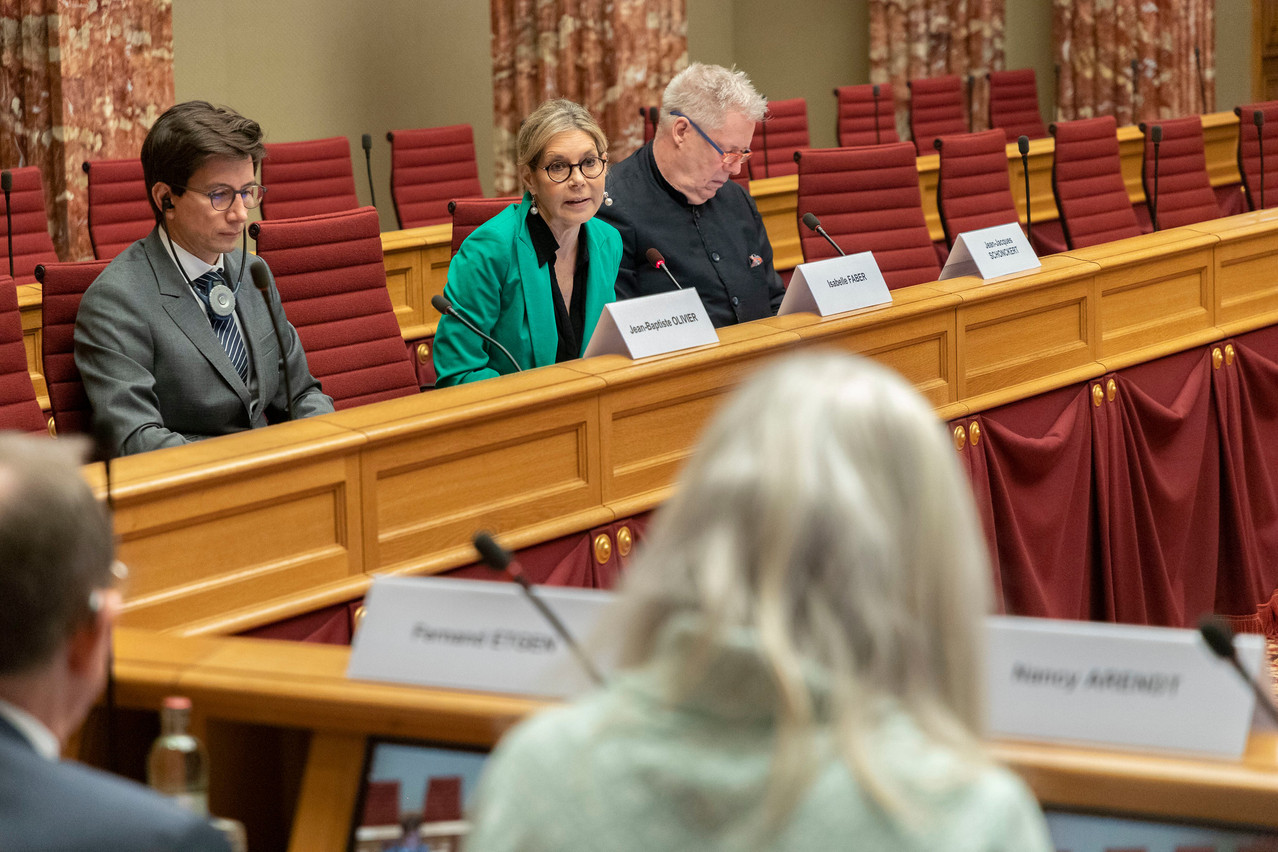“Everyone is a patient,” says Isabelle Faber, author of petition 2504. And it is because many felt the same way about this subject that a public debate was held in parliament on Wednesday 8 March, after the petition collected over 4,900 signatures--and thus far more than the 4,500 minimum--after it was published in October 2022.
According to Faber, the situation is simple: after a request to the CHL, it currently takes eight months to obtain a mammogram. “And the situation is the same in all departments,” she notes. Access to colonoscopy, MRI, densitometry and CT scans present the same difficulties.
The damage has multiple aspect during this waiting period. On one hand, it is psychological, for the patient as well as for the family. “We survive rather than live,” during this period, remembers Faber. Of course, there is also the impact of the waiting time on the disease itself.
Increased risk of death
Jean-Baptiste Olivier, a surgeon at the CHL, points out that if breast cancer is diagnosed at an early stage, the risk of developing the disease again is 13%. Beyond that, with a tumour larger than two cm, the risk increases to 19%. "Six more women out of 100 will get cancer," he says.
The risk of death is also multiplied: if the metastases have not reached any lymph nodes, the risk of death at 20 years is 15%. It doubles if one or two nodes are affected, and when three or four are affected, the risk of death increases to 49%. “Every week of delay is a week lost,” says the doctor, for whom there is a real “urgency” to diagnose breast cancer, which affects 500 women a year in the country.
Another problem that the surgeon notes is the organisation of screening: 95% of the screenings carried out in hospitals are negative. “We need to give the hospitals back to the patients,” he says, calling for screening facilities for healthy people to be outsourced--for example to a national centre, public or private--so that hospitals can be reserved for emergencies.
Demographics at issue
On the government side, health minister (LSAP) acknowledges the petitioners’ observation. The main reason for this situation is simple: demographic growth. With an increase in the resident population of 25% over a decade and a doubling of the number of non-resident insured persons using Luxembourg's medical services, the country is facing a “major challenge.”
Infrastructure, human resources, equipment: it is difficult to adapt all this to the pace of demand. The minister tried to demonstrate the efforts made. The number of MRI scanners has “almost doubled” since 2018, from seven to 12 at present, with a 13th to be delivered within the year.
On a European scale, the country is first for the number of scanners per inhabitant and is now fourth for MRIs, compared to eighth in 2018. An improvement, according to the minister, “even if we are not yet where we should be,” she admits.
No to privatising the health system
Lenert also said that work is underway with hospitals to set up a single platform for booking appointments and with the national health agency CNS and the hospital federation FHL to activate additional time slots for the use of equipment, particularly in the morning. The optimisation of the patient pathway is also in the process of being implemented and this is the final stage of the national health plan, which will be presented in the coming months.
In any case, the chairman of the health committee, MP (LSAP), assures us that, while it is necessary to “intervene and fill in the gaps,” the “current health system” must “not be called into question”--a way of responding to the CSV’s desire for privatisation. “Those who destroyed health systems based on solidarity are now going backwards. And it is not easy to rebuild," he warns.
This article was first published in French on . It has been translated for Delano.
